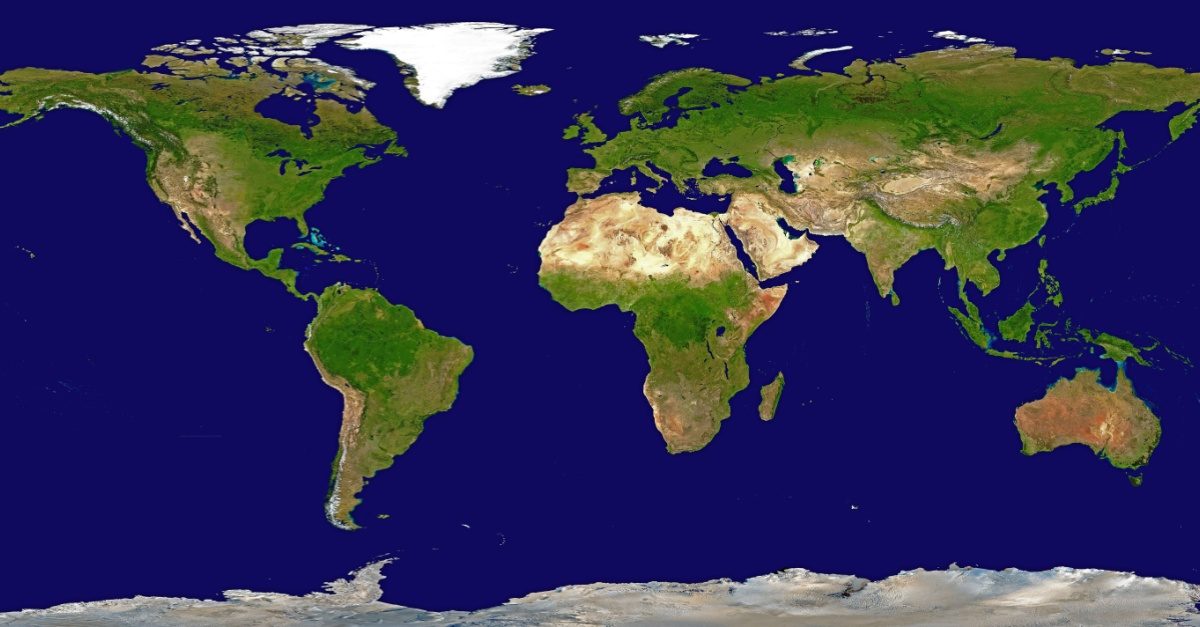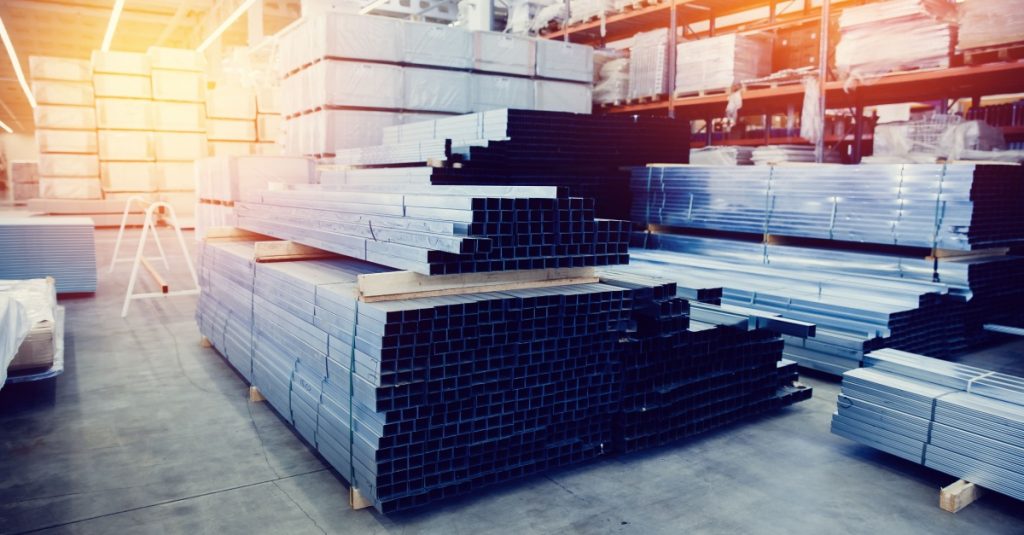
Builders Looking Overseas for Prefab Materials
Prefab construction is a trend shaping productivity and sustainability. A more recent shift has builders seeking materials internationally. Given its advantages of cost-effectiveness and environmental care, is this practice a positive direction to move in? Discover what drives the sector’s experts overseas and how to overcome a chaotic supply chain and complex manufacturing management.
Reasons for Seeking Prefab Materials Overseas
Many companies seek overseas builds due to their costs. In several cases, going through the effort to purchase and ship prefab material from overseas is cheaper than doing it at home.
The modular market in Korea sounds profitable, with an estimated £106.6 million in value — equivalent to ?175.7 billion. Despite these impressive numbers, Korea must seek cheaper avenues in mass manufacturing to scale and align with demand. Otherwise, the percentage of modular homes in the nation will remain meagre. The price cut may inflate transportation costs, but the expedited production will boost sales and resolve housing crises faster.
Establishing international hubs also provides supply chains with increased access to raw materials. The UK has had a concrete shortage for several years, leaving countless new builds needing more stability as corporations use air-bubble-filled alternatives. Breaking ground in nations with surpluses would assist in producing precast concrete modules.
Expansion speeds up timetables instead of waiting for supply chain disruptions to dissolve. It allows supply chains and manufacturers to take action in the meantime while driving reliable profits.
Challenges and Risks of Overseas Sourcing
Offshore operations sound like a comprehensive solution to uprooted project deadlines and material inaccessibility. However, the big picture reveals several concessions organisations make when eyeing international soil.
Logistics and communication complexities abound. Shipping raw materials subjects them to customs and long lead times, and the administrative hurdles increase when transporting preconstructed modules on massive barges. Supply chain leaders will deal with constantly fluctuating currencies, tariffs and insurance policies attempting to get builds home safely.
Unless building companies intend to send tenured staff to the new overseas distributors and production facilities, promising consistent quality control may be an issue. Third parties and outside contractors do not have in-house training or relate to corporate expectations. Therefore, assuring manufactured goods stay well-produced with minimal oversight requires B2B transparency and trust.
Climate commitments may also suffer when going overseas for prefab materials. Clients and consumers who prioritise environmental advocacy may seek other providers for more eco-friendly housing options. Excessive fuel use and pollutants from transportation, natural habitat exploitation and overharvesting of raw materials are only a few concerns lining the debate.

Strategies for Successful Overseas Sourcing
Market research is vital for successfully launching an overseas relationship. Modular construction is an up-and-coming market, so many will likely have the idea to source from other places in the coming years. Skillful timing and deployment of these initiatives and partnerships are essential for keeping a competitive advantage instead of risking business resilience.
Successful sourcing also relies on having contingency and mitigation plans for other challenges. For example, companies may need rewritten quality control measures to minimise productivity concerns like downtime and be considerate of overseas complications. Additionally, they must be professional enough to switch providers if an entity does not adhere to agreed-upon standards. Developing a marketing and decarbonisation strategy for subduing higher carbon emissions is critical for holding onto eco-conscious consumers.
Leveraging technology is the best overarching way to make any international sourcing strategy successful. Real-time tracking and centralised communications within supply chain management software keep parties informed while staying up-to-date about project developments.
Possibilities Across the Water
Prefab builders have many reasons to consider looking overseas for materials and production assistance. Enterprises may face international scrutiny from customers and exchange rate volatility but, in return, may experience a boost in revenue and stability. However, the only way to make overseas prefab material sourcing viable is with thorough planning and clear communication.
Advance your procurement career with IoSCM. Find out how a professional qualification can help you excel in your current role and prepare for the next step of your professional development journey. Call 0800 1422 522, Email info@ioscm.com or visit the Courses Page of the website for further information.

